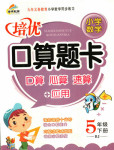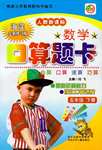��Ŀ����
�������������Ӣ������Andrew����Ҫ����Уѧϰ�����¡����������������ѧ�ڼ�Ľ�ͨ��ʽ������顣
���ڣ�������Ӣ���һ���ţ������¸����
1. ���������г���ѧ��
2. ���г���ѧ�����ý�ͨ���ߣ�
3. �����г���һЩ�ô���
4. �����г���ע������⡣
ע�⣺
1. ����100���ң��ŵĿ�ͷ�ͽ�������Ϊ��д�ã��������ܴ�����
2. �ɸ�������Ҫ���ʵ�����ϸ�ڣ�ʹ�������ᡣ
Dear Andrew,
Very happy to hear from you and you��re welcome to study in our school for the next two months.
_________________________________________________________________________________
_________________________________________________________________________________
_________________________________________________________________________________
Hopefully, what I��ve mentioned above could be helpful and wish you a fun time in our school.
Yours,
Li Hua
��ϰ��ϵ�д�
 ���ſ����ϵ�д�
���ſ����ϵ�д� ���Ŀ����ϵ�д�
���Ŀ����ϵ�д� ������ӱ������ͯ������ϵ�д�
������ӱ������ͯ������ϵ�д�
�����Ŀ

